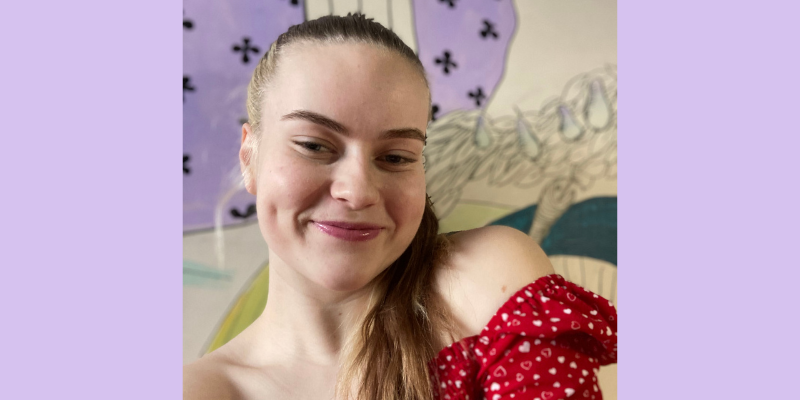By Kärg, a 17-year-old from Estonia. Kärg is a member of the Youth Council of the Estonian Union for Child Welfare and Eurochild Children’s Council. The Estonian DigiGen team has been in contact with her and asked her to tell us about her motivation to join both councils and the role of digital devices and the internet in her and her peers’ everyday lives.
I would say that the initiative to join the Youth Council of the Estonian Union for Child Welfare came from my family and was kind of elementary. But the urge to stay and actually try to make a difference wasn’t made by any person but myself. Being a part of the council for years has shown me that the future is a hundred percent in our, youngsters’, hands and we could be heard if we fought for that. It sometimes even annoys me, when my peers say that the government, and even our school, will never listen to us and hear our solutions and ideas. I mean, I do agree with that, but complaining about it with friends won’t make a difference. We will have to speak up.
When I got the chance to join the Eurochild Children’s Council, it literally opened my eyes. I always knew that it was quite good to live in Estonia for children. Our rights are considered and more or less voices heard. But the comparison between Estonia and, I dare to say, most of the European countries really shocked me. First thing that came as a surprise was that almost no other country has student councils in every school. So the other thing that has motivated me to stay in that field and consistently try to make a difference, has been the wish to share my country’s experiences and my ideas. I have learned that in order to make a change you simply need to start somewhere not sit in one place.
Children should… must be heard because as has been said, children are human beings, not human becomings. Not only should we create the future, but also be part of creating the spectacular here and now. Unfortunately, we are rarely included in decision-making process, because adults say that we can’t, don’t know yet, don’t have enough experience. It is awful that we aren’t even included in processes concerning our own lives, for example designing our school system or child-friendly justice system. The truth is that we aren’t that blue-eyed or incomprehensible, on the contrary: we have so much to say…
I was asked to focus on the topic concerning my peers and the use and usefulness of technology in our everyday lives. They play, no doubt, a big role in our lives.
In my opinion children aren’t trusted enough keeping in mind the use of technology. Still, focus is on the violation of privacy, although a much, much bigger problem is the impact of so called role models and beauty standards. I feel that my peers have heard a lot about the threats of publishing photos with your face and body on them and the chance that there could always be someone trying to use them. But children still haven’t understood completely that most of the things that we see in social media aren’t 100% real. And because everyone else seems to be living their dream life while looking gorgeous, we individually feel sad and incomplete. And this exactly is the biggest threat. This is the thing that has a huge impact on our mental health and could lead to the feeling of being alone with no one else like you.
In my opinion social media is a wonderful place. It’s one of the things that unites people from all around the world and gives them a chance to build connections otherwise impossible. For example, nowadays it is totally possible for bedroom producers to collaborate with musicians from a different continent without already being successful or famous. Social media gives an opportunity for everyone to try out their dreams or dream jobs with the possibility to always chance that dream and, if needed, to leave them behind as well.
Technology makes it easy to express one’s views and truly be heard. I feel that youngsters should also be notified about events happening around the world that actually affect their daily lives as well. For that they should know what’s going on in the news. But we have a big problem here: These days it feels like the media holds a contest for who has more difficult and/or foreign words and in general knows how to write so no one could understand. Child-friendly news that are easy to “absorb” should be a must. So for example I put every months’ biggest news into child-friendly raps that are targeted for my peers. And I am truly thankful that I have somewhere to share them to reach their purpose [1].
So in conclusion, of course there are many problems, threats included as well, but I think that people are more and more precautious about them and know how to get full positive potential out of social media and their digital devices. Students wouldn’t have lived through the pandemic without innovative devices and I doubt that adults would have as well. It’s just the new reality we need to face.
[1] Kärg publishes her monthly news raps in Estonian on soundcloud, for those who understand Estonian, you can find her raps here.

